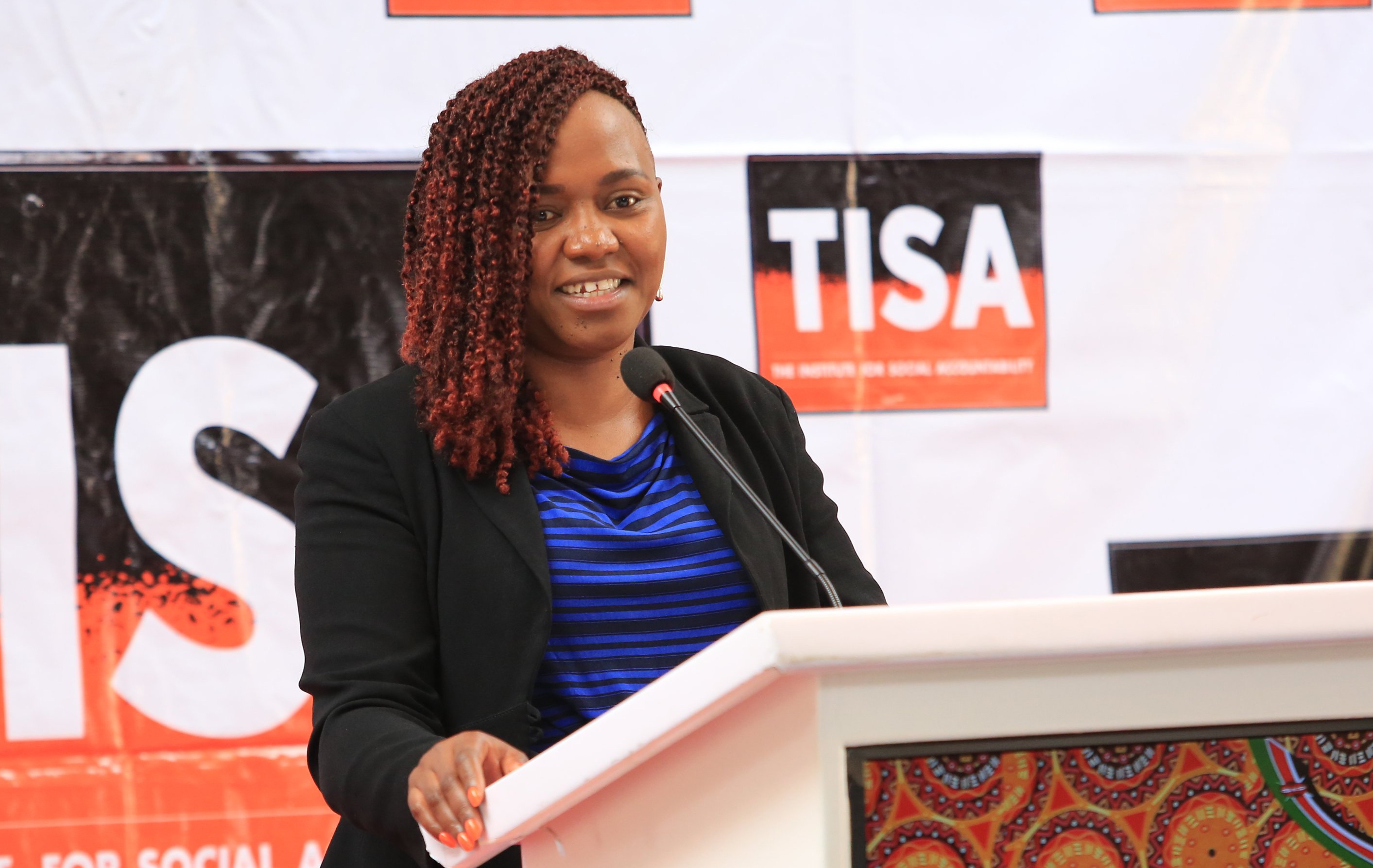In some of the family clinics Mary visited, she was branded “spoilt”, “jumpy jumpy” and even “fat”.
“I told the provider I was visiting my sister in that village. Then he made a comment that I came to look for men, that's why I wanted family planning so I don't get pregnant,” she said.
Mary is one of the 15 'mystery' clients who visited 60 public family planning clinics in Western Kenya and Nyanza, to understand how women are treated when they seek contraception.
A group of other researchers accompanied real clients and observed the interaction between health workers and the women and girls seeking services.
They report that approximately one out of every 10 women seeking family planning was treated with disrespect by their provider.
Clients were frequently scolded or scorned for seeking family planning while unmarried.
Women were also insulted for such characteristics as body size or perceived sexual promiscuity.
Researchers say this disparaging treatment is pushing women away from family planning services and is contributing to the rise in unplanned pregnancies.
The Ministry of Health records show only 52 per cent of women of reproductive age, representing 5.2 million women, are using modern family planning methods in Kenya.
Further, nearly half of all pregnancies in the country are unintended and 60 per cent of these end up in unsafe abortion, according to the State of World Population 2022 report.
Researchers from Nairobi-based non-profit Innovations for Poverty Action-Kenya (IPA-K), the Kisumu department of Health and six other institutions from the United States, the Netherlands and Argentina were involved.
They wanted to find out whether mistreatment of women at family planning clinics discouraged them from seeking the services they needed.
“Qualitative data confirmed both that client disrespect is widespread and leads women to avoid family planning services even when they desire to use a contraceptive method.
"[This] sometimes leads to unintended pregnancies,” they say in their findings, published last month in the journal SSM — Qualitative Research in Health.
The report is titled Provider verbal disrespect in the provision of family planning in public-sector facilities in Western Kenya.
It reveals 10 per cent of all clients were mistreated.
These results are in sharp contrast to the results of many large-scale facility-based surveys with exiting clients, of which the large majority indicated they are treated well or very well by their provider.
For example, client exit interviews in Kenya in 2014 found less than two per cent of family planning clients reported they were treated poorly by their provider.
The Western Kenya survey collected data using mystery clients, third-party observations, focus group discussions, key informant interviews and journey mapping workshops.
Fifteen female mystery clients visited 60 facilities randomly selected from all public-sector facilities in Western and Nyanza. They presented themselves as new family planning clients aged 21 to 37, with zero to two children. Seven were married.
Separately, other data collectors accompanied 253 consenting family planning clients in 20 public-sector providers and observed how they were treated.
Both mystery clients and third-party observers described providers shouting or scolding clients seeking family planning.
One observer reported, “The provider again asked the client with a lot of pettiness if she is a jumpy jumpy lady who moves from one man to the other.”
“She said the client has 'added weight like a pig'.”
Another observer reported, “The provider scorned the client by telling her she had five kids and she was still considering injectable instead of tubal ligation.”
Respectful treatment in sexual and reproductive health services is a key priority of the government, according to the Kenya National Reproductive Health Policy 2022 – 2032.
However, the high prevalence of mistreatment means thousands of women shun public health facilities where they could benefit from free modern contraceptives.
In 2019, a study by the family planning lobby Performance Monitoring for Action (PMA) revealed that unplanned pregnancies had increased to 44 per cent in the last two years.
The use of contraceptives among married women declined from 62 per cent to 56 per cent in 2019.
Principal Investigator at PMA Prof Peter Gichangi said while Kenyan women want to use birth control and contraceptives, they don’t always have access to quality reproductive health care and family planning services.
“There seems to be a disconnect between women using family planning methods and the highest rate of unintended pregnancies,” he said.
The unmet need for family planning for all women in Kenya stands at 14 per cent, according to the Ministry of Health.
These are women who want contraception but cannot access them or the method they want is not available.
Some of the nurses interviewed in Western Kenya claimed they mistreat clients because they are overworked.
“Negative attitude comes because me I have come on duty as a service provider then you get that line of around 60 clients who need to be serviced and you are alone.
"And you need to serve those clients, so you get that attitude will develop the negative ones because of the workload, because there is no motivation,” she said.
The study argues that addressing disrespectful and abusive client treatment will help reduce unplanned pregnancies and the unmet need for family planning.
The government sees increased uptake of family planning services as key to preventing a population explosion.
Head of promotive and preventive services at the ministry of health Dr. Andrew Mulwa says they have also increased financial commitment.
“The government allocated Sh559 million for family planning commodities in the 2020-21 financial year, Sh563 million during 2021-22 while Sh1.19 billion has been set aside for the 2022-23 financial cycle,” Mulwa told health journalists at a round table meeting in September.
Some partners including the Bill and Melinda Gates Foundation. USAID and UNFPA have also pledged to provide monetary support to bridge the financing gap with supply requirements standing at Sh2.5 billion during the 202223 financial year.
(Edited by V.Graham)















